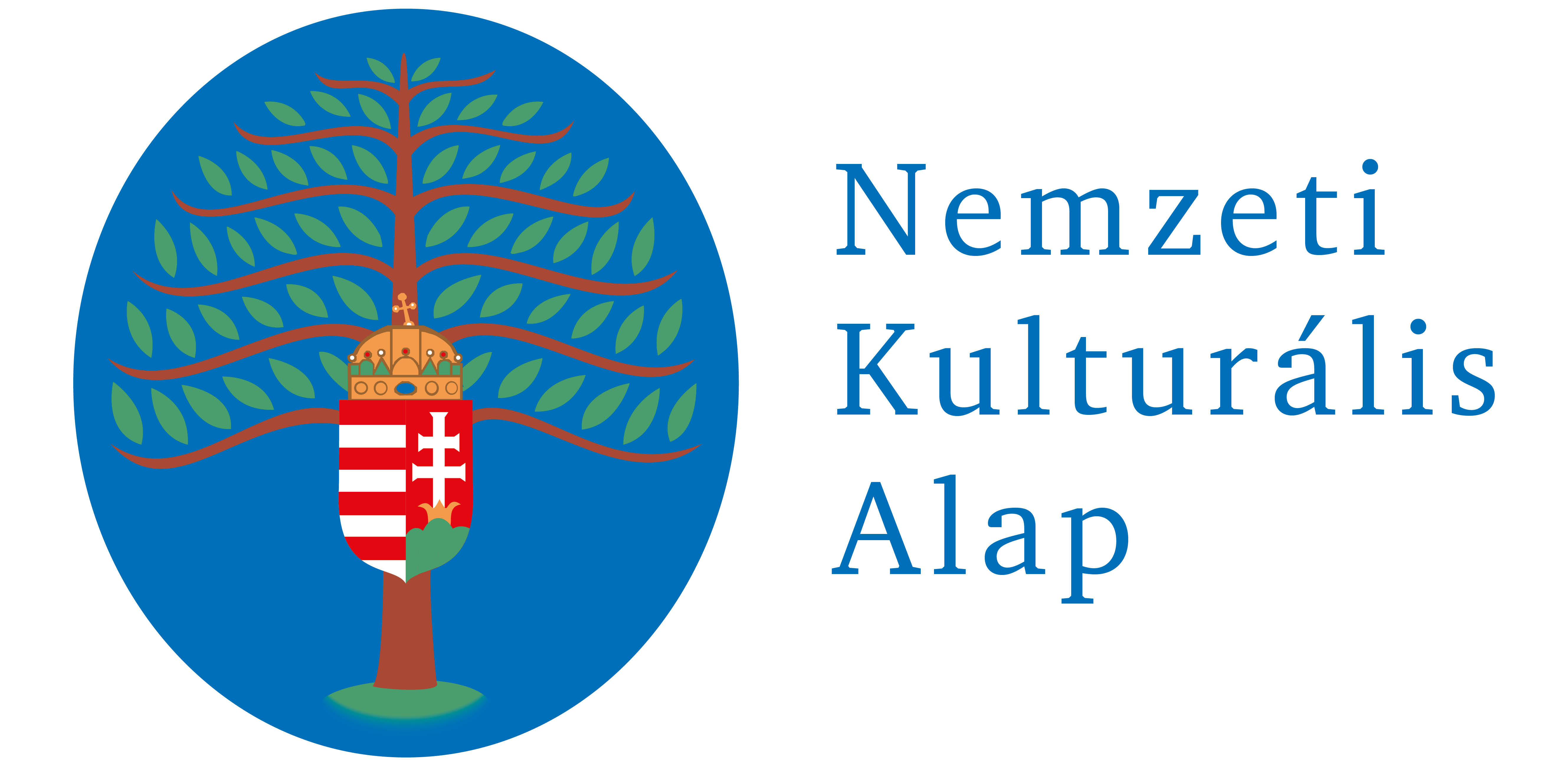Naptár
2024. április 15–19.
2024. április 20.
Eötvös József Kárpát-medencei középiskolai szónokverseny
2024. április 24. – május 3.
Tovább...
2. 2022.
Abstracts in English
Studies
Fejes, József Balázs – Hódi, Ágnes – Szenczi-Velkey, Beáta – Tary, Blanka – Vígh, Tibor
They do not understand what they are reading! Whose job is it to teach reading?
The aim of this paper is (1) to provide an overview of Hungarian students′ reading performance in an international context, (2) to present the causes and consequences that are associated with poor reading comprehension results, and (3) to outline some possible directions for improving students′ reading performance. In terms of directions for the way forward, this work focuses primarily on the possibilities for development within school settings and argues for the need for criterion-oriented development of reading comprehension embedded in the subjects after lower primary school. To support this, it seems essential to develop a support programme combining research findings on reading strategies and reading motivation.
Dobos, Dóra – Vígh-Szabó, Melinda
Characteristics and etiquette of oral communication in synchronous digital education
This paper deals with the etiquette of real-time teacher-student communication in digital education, which was introduced in Spring 2020. Teachers from secondary and primary schools (n = 142) participated in the research and shared their experiences through an online questionnaire consisting of 23 questions. The survey revealed the interfaces and motivational tools teachers used to keep students′ interest and the rules they adopted to adapt to the new working arrangements in order to ensure effective synchronous digital communication (dress-code, background, tidiness of the environment in the camera view, clothing, eating and drinking, standing up during lessons, use of cameras and microphones, respecting time limits). The results show that there was no uniform protocol for online communication of distance education in Hungarian public education. This both made it difficult for teachers and students to communicate with each other and reduced the effectiveness of teaching.
Workshop
Bartha, Blanka
Teaching Hungarian grammar from the teacher trainees′ perspective
The attitude of Hungarian teachers towards the teaching of classical descriptive grammar is still ambivalent. Taking this into consideration, the aim of this study is to give an account of the attitude of Hungarian teacher trainees towards grammar teaching, the classical descriptive grammar topics they prefer to teach and the methods and forms of work they prefer in their native Hungarian grammar lessons. The research relies on two methods of data collection: a focus group interview with 80 Hungarian teacher trainees and an anonymous online questionnaire completed by them. The results show that graduate teacher trainees are less motivated to teach grammar than the participants in previous research. They also encounter difficulties in learning and subsequently passing on descriptive grammar knowledge during their studies. This paper summarises the experience of teaching classical descriptive grammar and highlights the need for a paradigm shift in their teacher training programme.
Sarnyai, Vivien
Experience based linguistic history
Exercises from the ELTE Benkő Loránd Language History Student Workshop on Language History in Education
The ELTE Applied Language History Research Group had been established in 2015, focusing on, among other things, the role of language history in public education. This sub-topic has since become a research area in its own right, and a research group entitled ′History of Language in Education′ was set up under the leadership of the ELTE Benkő Loránd Language History Students′ Workshop. The focus of the research was on teachers′ and students′ attitudes towards language history. Interviews with teachers of Hungarian language and literature were conducted in order to find out what topics teachers touched upon within language history, what difficulties they encountered and what support they expected from the university. The most frequent response to the latter was that it would be a great help to have a collection of language history exercises for secondary school students. The research team tried to meet this demand, and since spring 2020 more than 200 exercises have been designed and will soon be published as a collection of exercises.
Pomázi, Bence
Teaching discourse markers in a secondary school Hungarian language class
This paper proposes a way of teaching discourse markers in a secondary school Hungarian language class. While discourse markers are not part of the core curriculum of either the National Core Curriculum or the Framework Curricula, it may be useful to familiarize students with this functional category that reflects directly on communication and its contexts or participants. The paper first presents previous Hungarian studies on the use of discourse markers, including studies on the distribution of use by age group and related attitudes. Then it presents task material for a double lesson, i.e. twice 45 minutes, and concludes with a survey of students′ attitudes towards discourse markers in relation to their age group. The various functions of discourse markers and the differences between oral and written communication are also discussed.














